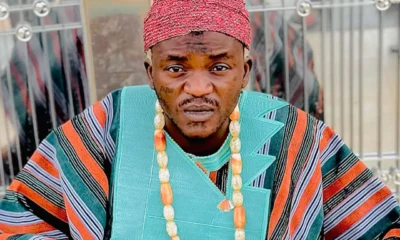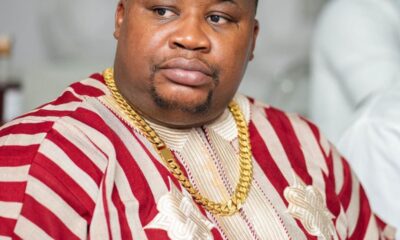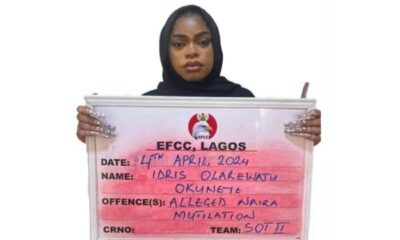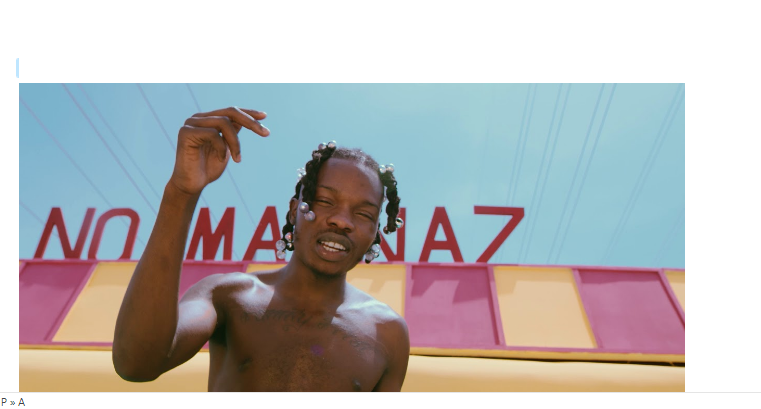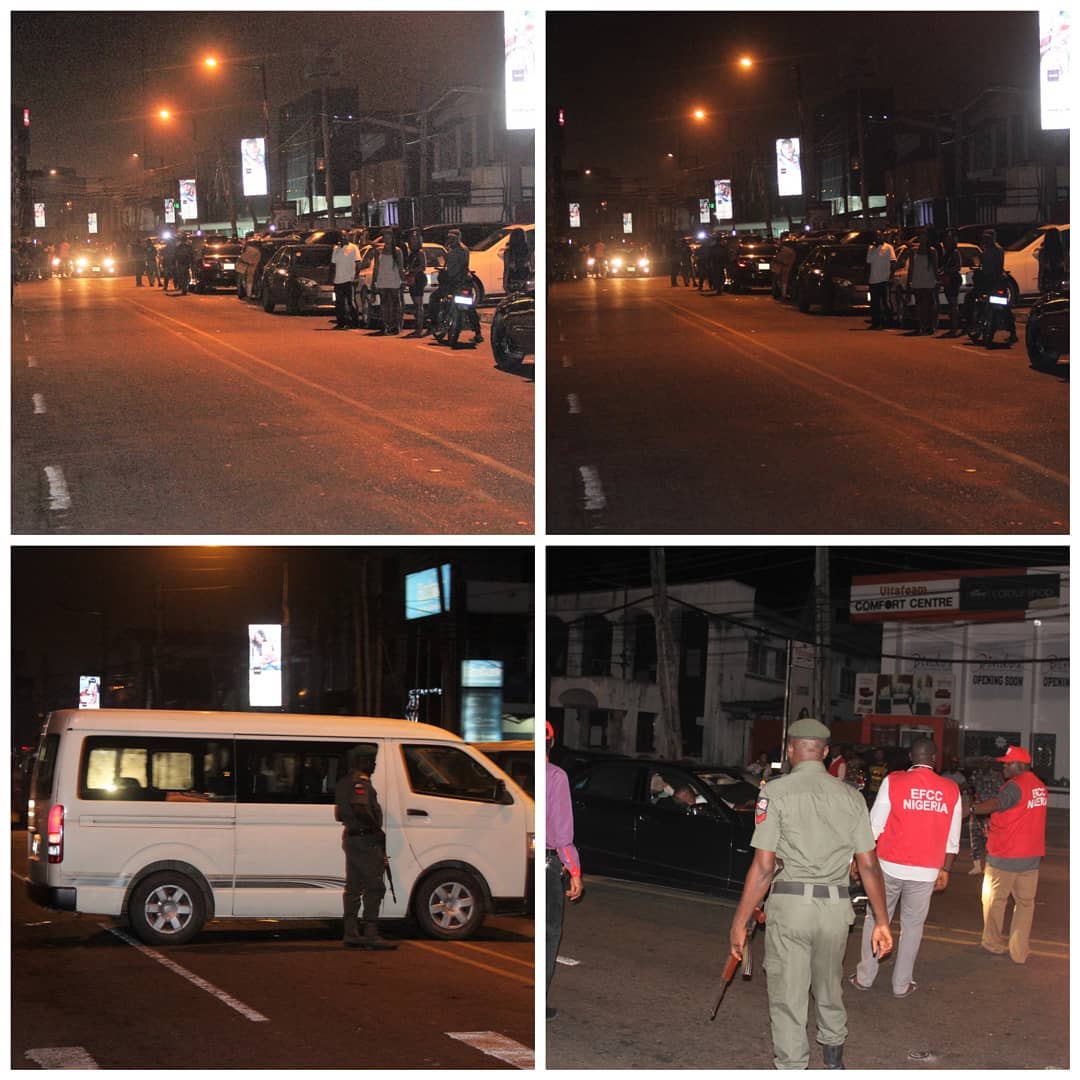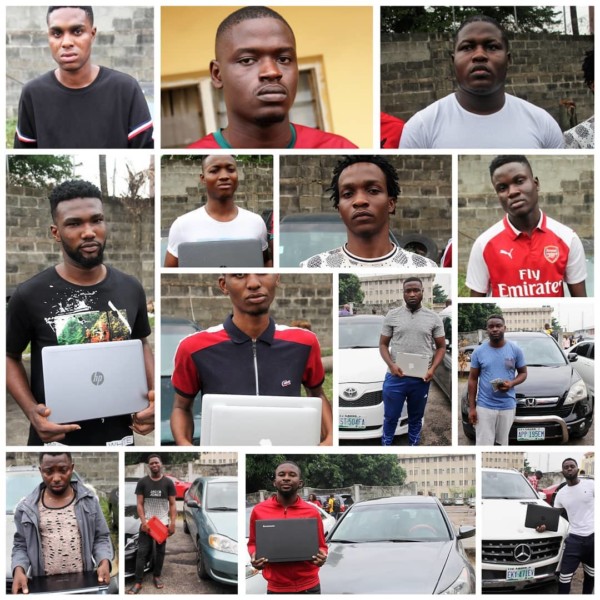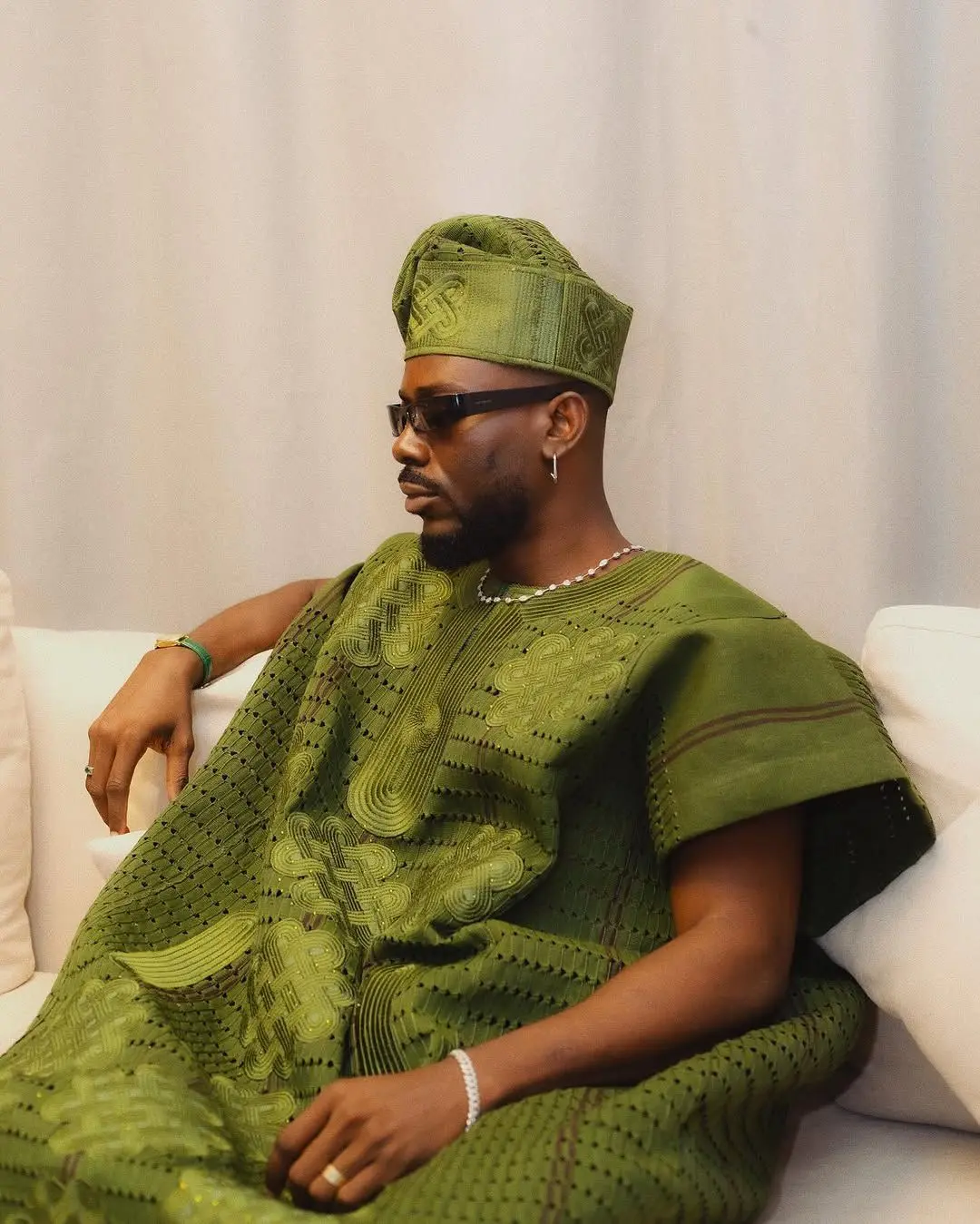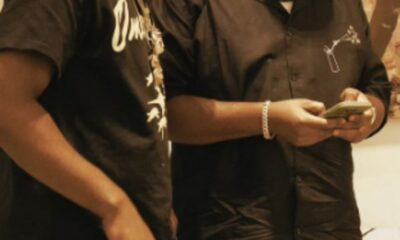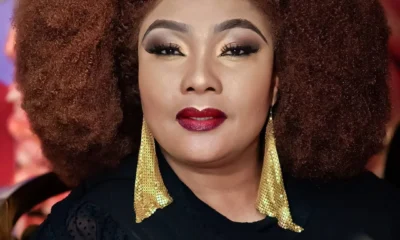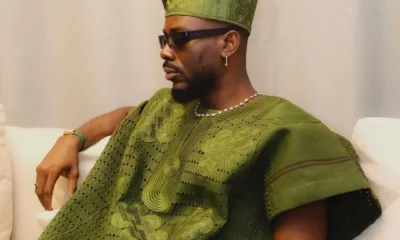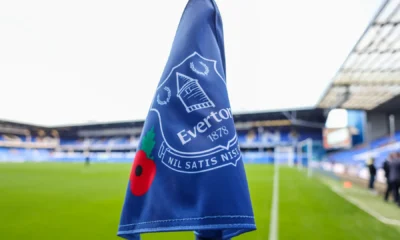A former Chairman of the Economic and Financial Crimes Commission (EFCC), Mallam Nuhu Ribadu, has explained why anti-corruption fight is difficult in the country.He said there are over 3,800 ongoing corruption cases in various courts in Nigeria, adding that they represent the highest in the history of corruption globally.He disclosed this yesterday at a Town Hall meeting organised by MacArthur Foundation in Abuja.
Ribadu also argued, we talk so much about sharp practices in every forum, yet it has become the biggest problem, robbing us of trillions of naira and stagnating development.According to him, Nigeria does not fare well in the war against corruption, even though it is the only country that has made recovery from stolen money stacked abroad.He cited leadership, institutions and individuals as the key factors in anti-corruption drive in any nation.He said: “If things are not done in a right way, cutting corners will continue in the system.”
Ribadu urged the Independent Corrupt Pracatices and Other Related Offences Commission (ICPC) and the National Orientation Agency (NOA) to do more on the issues of corruption.He implored Nigerians to be honest, as the EFCC is going through ‘hell’ to file court cases.
Also, the Executive Secretary of NEITI, Waziri Adio, said corruption has been normalised, and “Nigerians tend to view its issues as bloodless crime, which they do and get away with.”He stated, this is crime against humanity; a crime of calculation of costs and benefits, adding, in this case, there should be sanction, while system and society should be cleansed of corrupt practices.
Prof. Umaru Pate of the Bayero University, Kano, said they have examination malpractice cases, and these are right from parents teaching their children to cut corners from play class to tertiary institutions.
Another speaker, Rosemary Otohwo admitted that the media have been playing vital roles in the anti corruption fight.She solicited ‘solution journalism’, rule of law and better communication to pass messages across.
The General Secretary, Nigerian Bar Association (NBA), Isiaka Abiola Olagunju, argued that judiciary is a strong institution to fight against corruption, but blamed the delay of court cases on clerks.
Meanwhile, an Islamic group, Just Foundation (JF), has pledged to use religion to fight corruption in Nigeria.The Executive Director of the Foundation, Imam Fuad Adeyemi, disclosed this in Kaduna, during an advocacy visit to Islamic leaders in the state.He said the foundation would solicit people of proven integrity in other Islamic organisations to join in the anti-corruption project.
Adeyemi disclosed that the foundation had secured the support of an international donor agency, and also obtained grants from MacArthur Foundation to commence the anti-corruption fight.
Guardian

 MUSIC4 days ago
MUSIC4 days ago
 NEWS4 days ago
NEWS4 days ago
 FAB FRESH3 days ago
FAB FRESH3 days ago
 LIFESTYLE4 days ago
LIFESTYLE4 days ago
 ENTERTAINMENT4 days ago
ENTERTAINMENT4 days ago
 BEAUTY4 days ago
BEAUTY4 days ago
 MOVIES4 days ago
MOVIES4 days ago
 ENTERTAINMENT4 days ago
ENTERTAINMENT4 days ago


